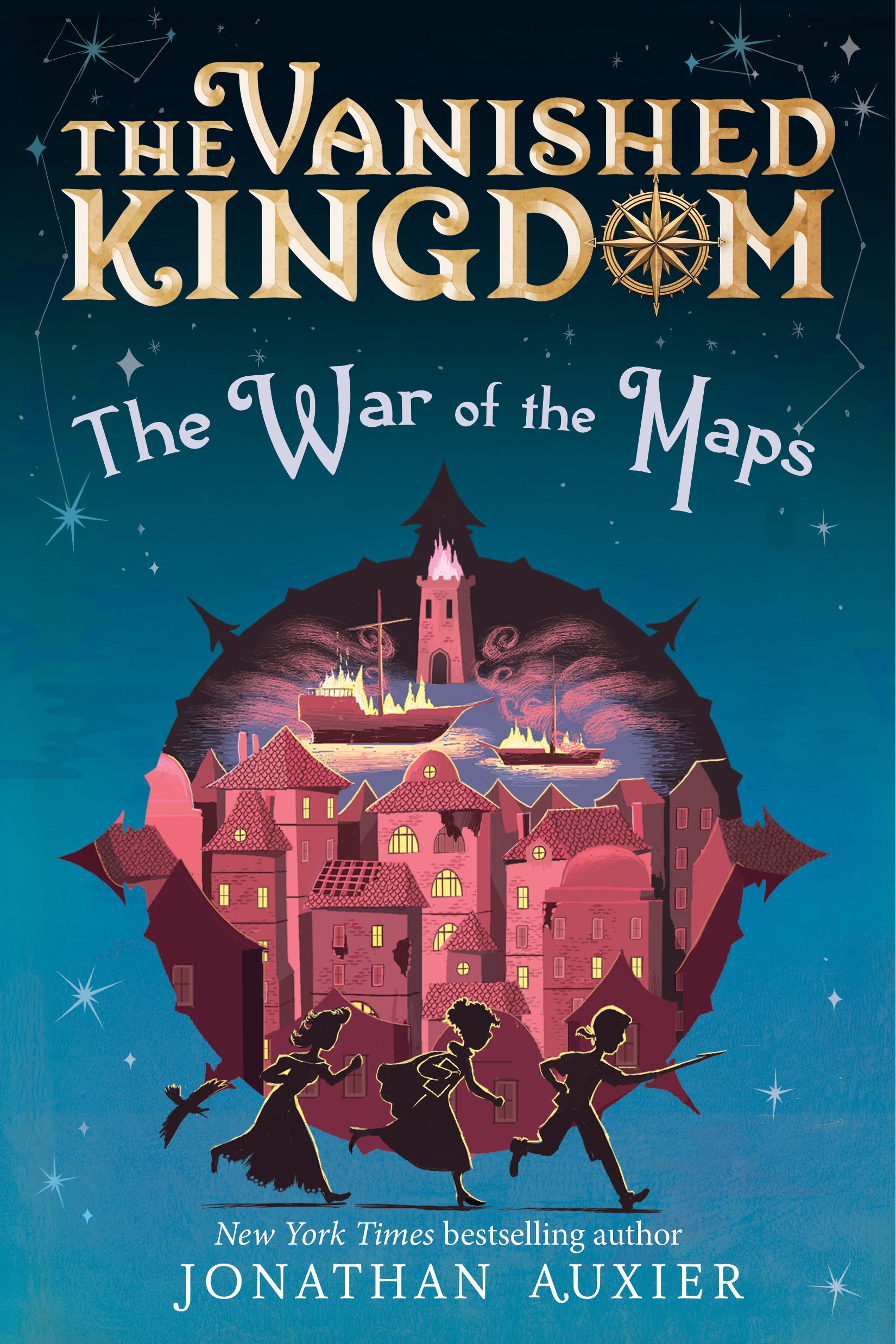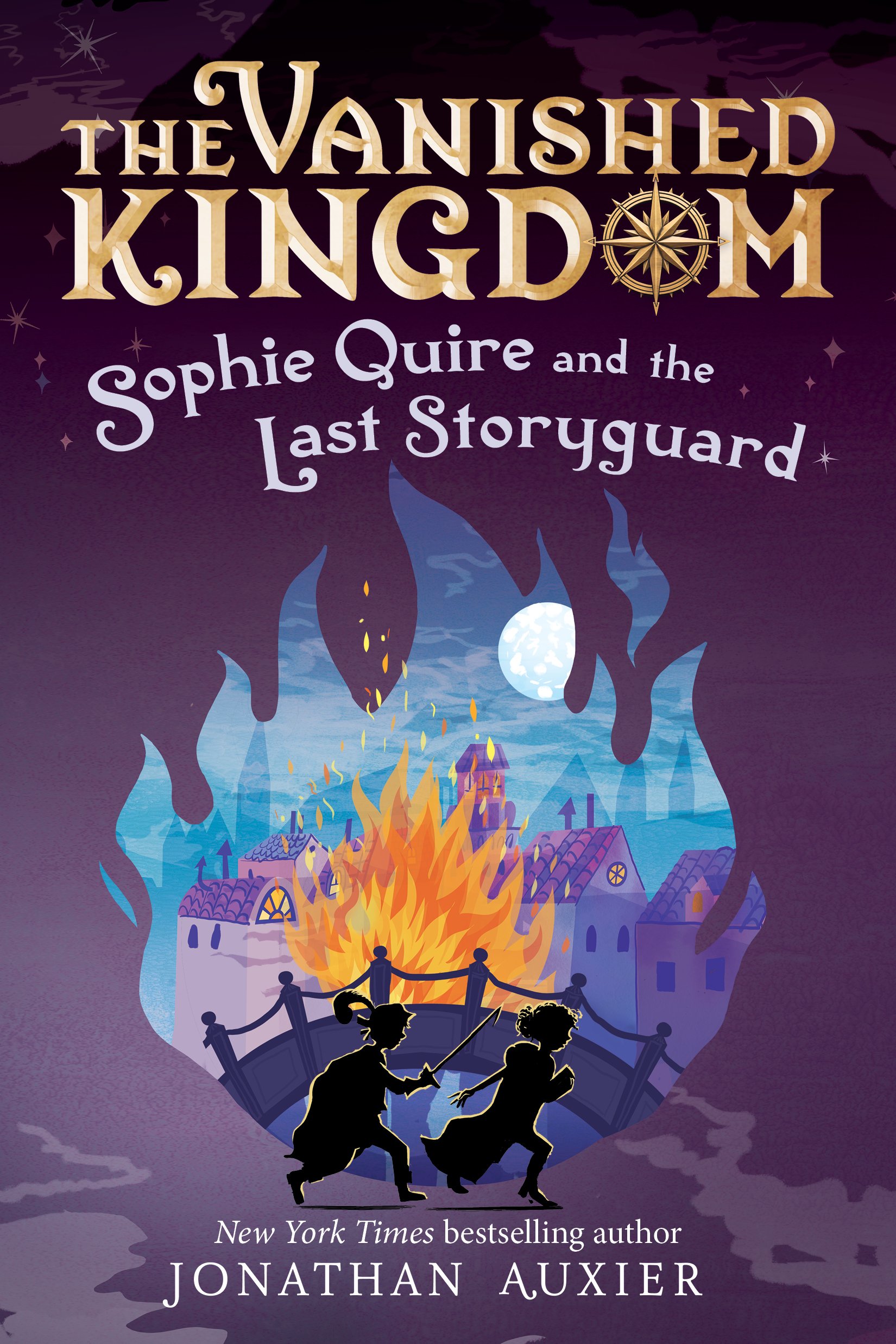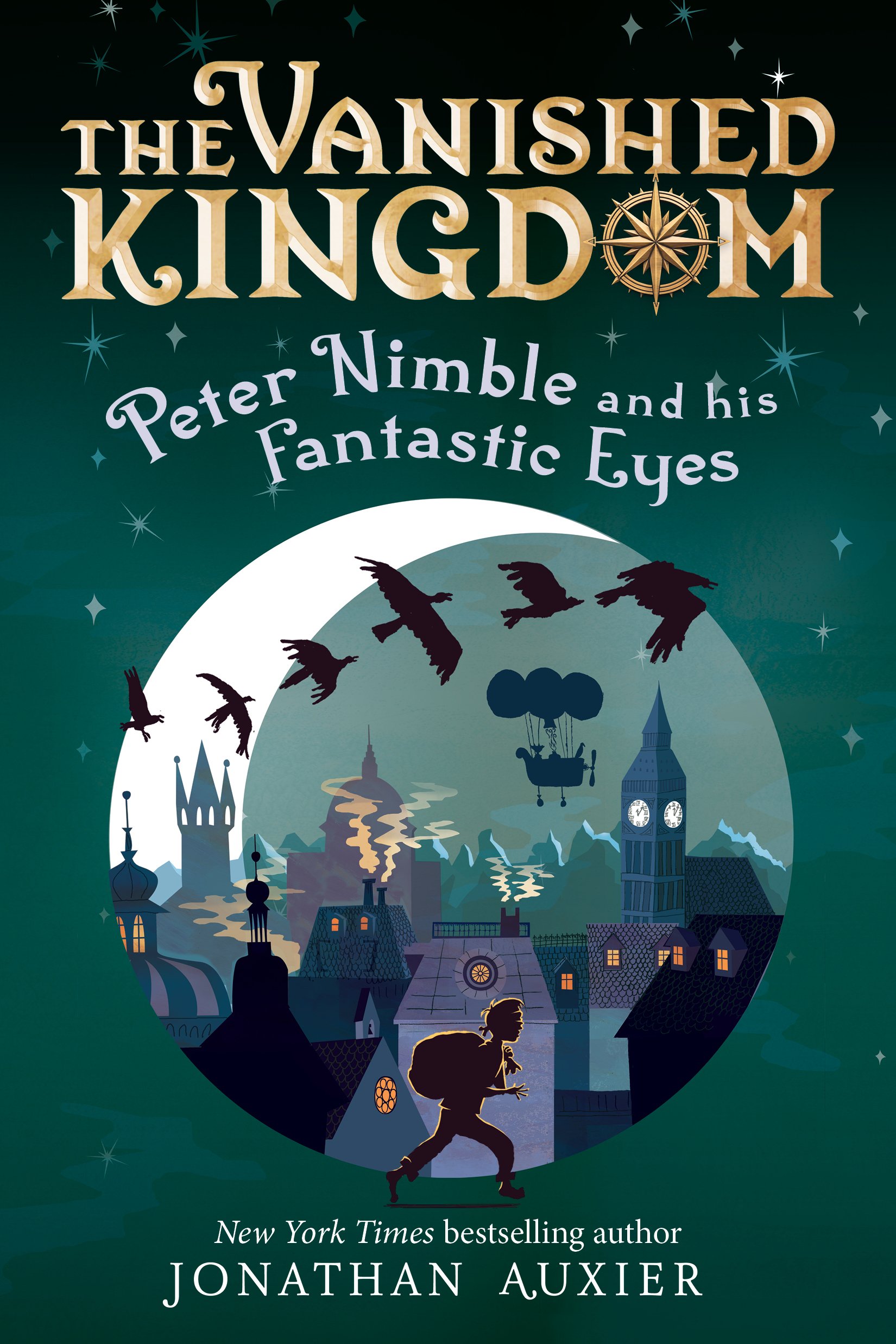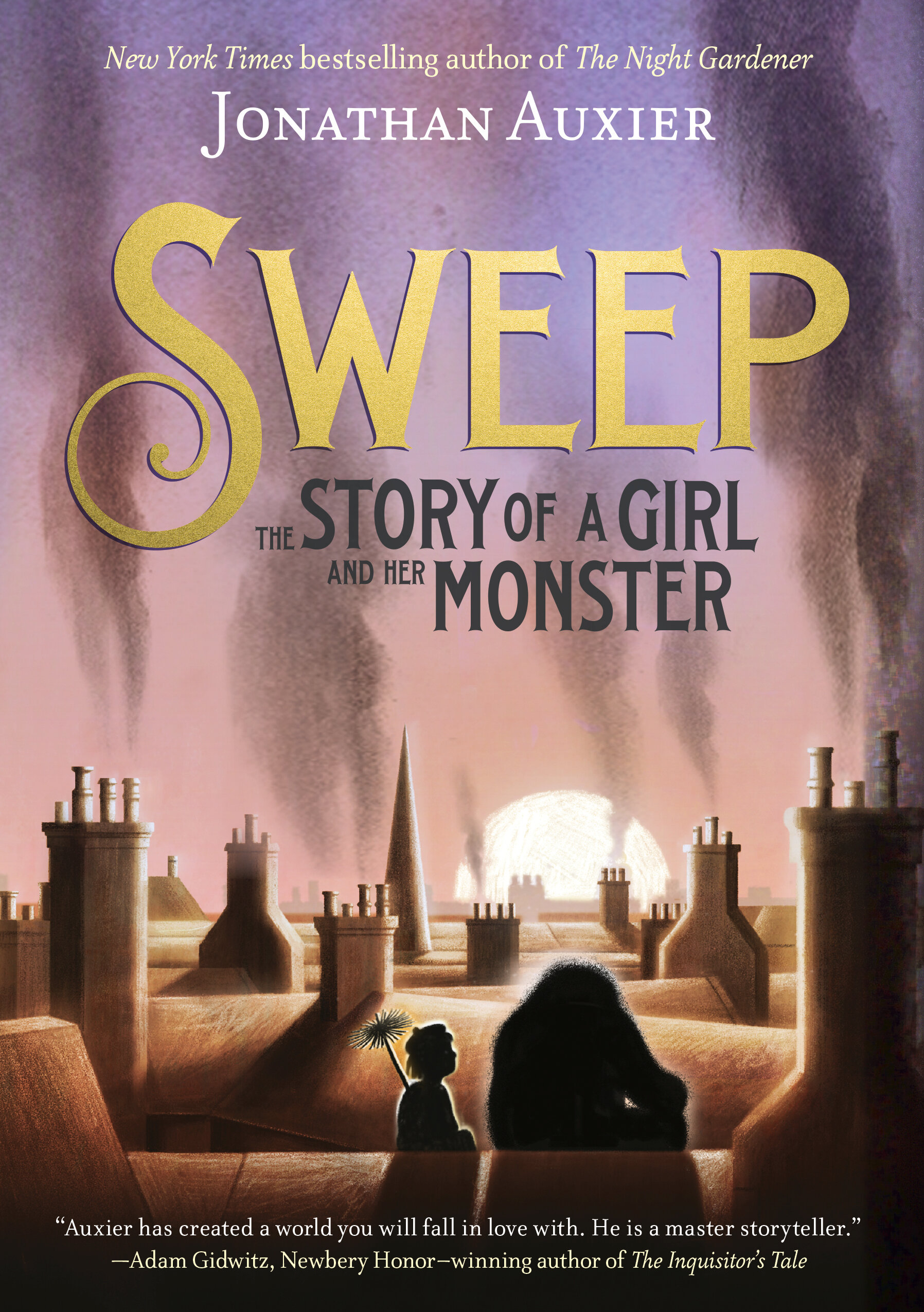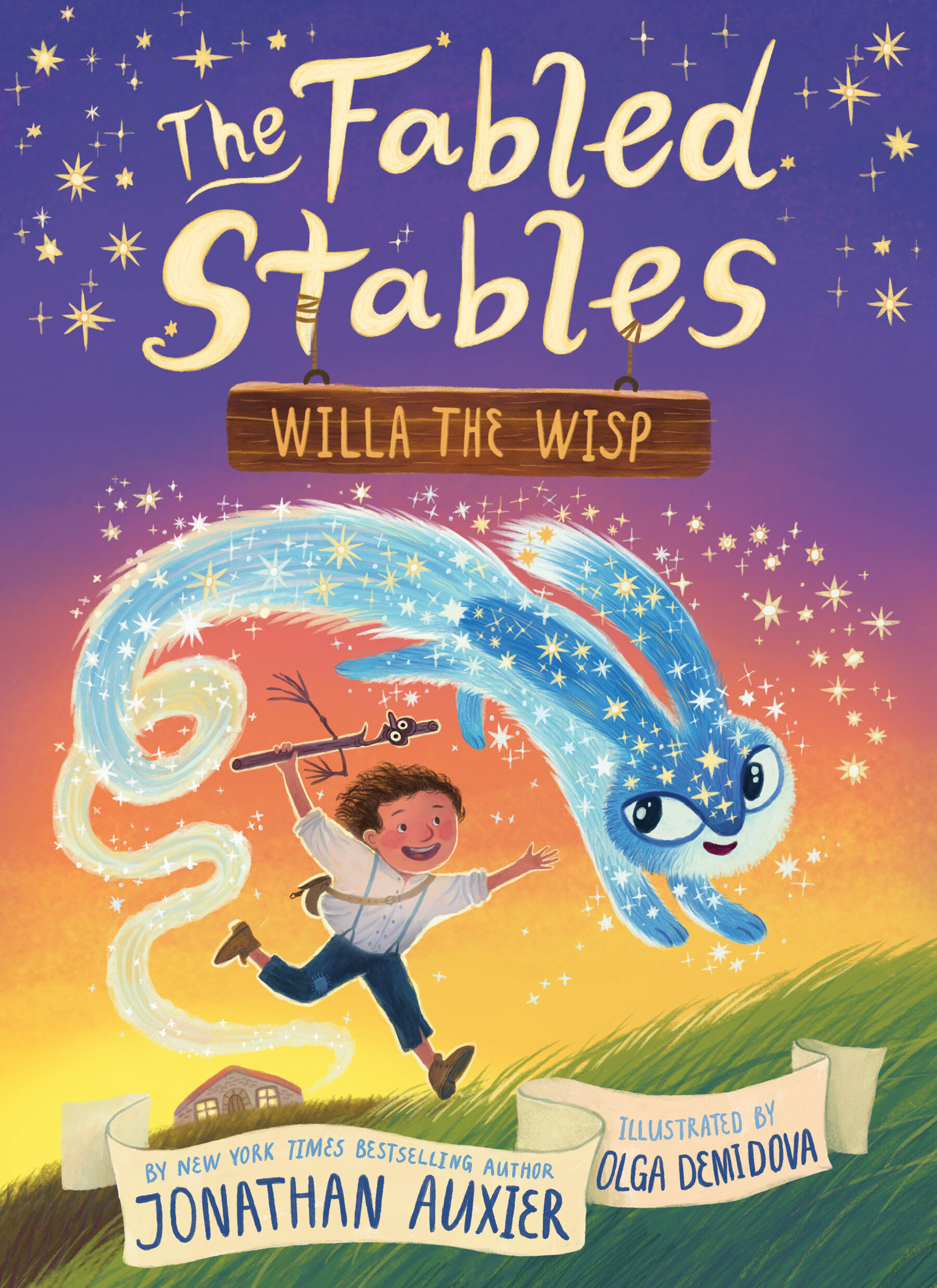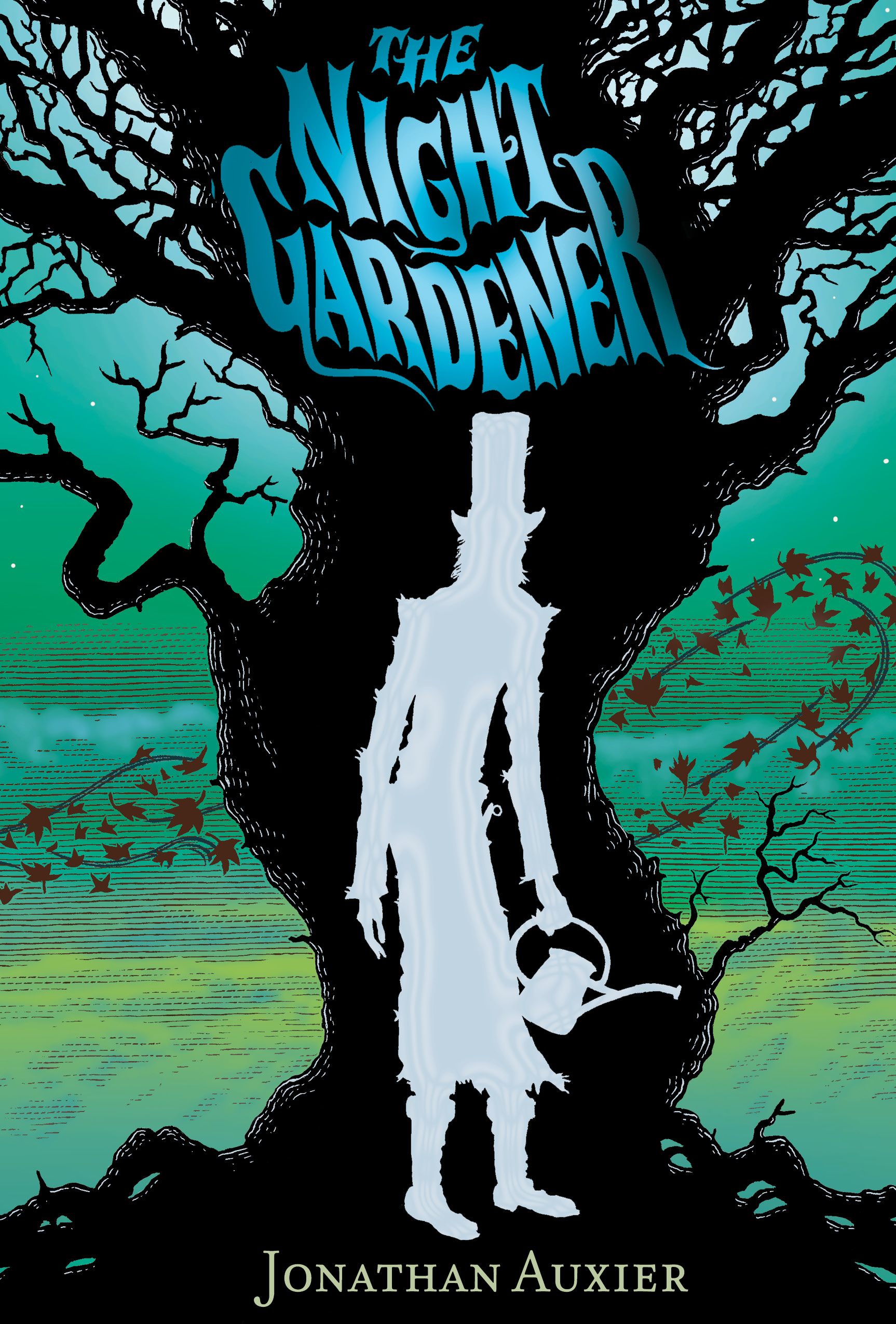Harry, Neo, and Prophecy Stories
/Well, I'm supposed to be furiously working on a new script right now ... but I hated the idea of not following up on this particular topic. Last week I wrote a piece that compared rolling the dice in a board game with authorial intervention in a plot. The comments that followed were lively and engaging. One early remark (by friend and K-Blogger Robosoyo) went off on an interesting tangent:
I’ll be honest: this is why I was disappointed by the last two, and especially the very last Harry Potter book. Because by book 4, Harry’s luck should have run out, and his own skill/inventiveness/wit should have been the thing saving him. Instead, Who He Was got him all the way to defeating Voldemort, rather than What He Learned. The end of book 7 and the git still only knew about five spells, two of which were “Authorio Intrusio” (accio and apparating).[1. This is actually an abridged version of a much more in-depth rant Rob published a few years back on his own blog, which is worth a read provided you can accept the premise that Tolkein is a great writer.]
He makes some good points ("authorio intrusio" is truly inspired), and several commenters voiced their support. I get it; everyone hates lazy prophecies. However, I cringe to think that just because a story contains a prophecy it must be obligated to subvert it. Rowling is a smart writer, and she went out of her way to make it clear that Harry Potter would never be the most skilled/smart/witty of his friends ... I have to think that that was intentional. Maybe it even has something to do with the point of the whole series?
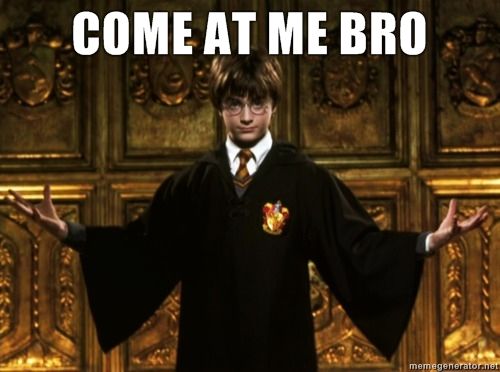 This question sparked an off-blog conversation about "prophecy stories." As I see it, prophecy stories contain unexceptional protagonists who have been selected as The One. Why have they been selected as The One? Well, that's sort of the point: they've done nothing to deserve the title; it is thrust upon them and the central question of the story is "Will they live up to it?" In our current world, which places great emphasis on personal merit and individual choice, this concept may seem completely unrealistic -- but remember that for thousands of years people lived in a world where a baby could become a king by virtue of bloodline, and another baby could be born into slavery for similarly arbitrary reasons. In that older world, the idea of being The One might actually speak very directly to the human experience.
This question sparked an off-blog conversation about "prophecy stories." As I see it, prophecy stories contain unexceptional protagonists who have been selected as The One. Why have they been selected as The One? Well, that's sort of the point: they've done nothing to deserve the title; it is thrust upon them and the central question of the story is "Will they live up to it?" In our current world, which places great emphasis on personal merit and individual choice, this concept may seem completely unrealistic -- but remember that for thousands of years people lived in a world where a baby could become a king by virtue of bloodline, and another baby could be born into slavery for similarly arbitrary reasons. In that older world, the idea of being The One might actually speak very directly to the human experience.
In fact, I would argue that "older world" is a key distinction here. Prophecy stories almost all take place in ancient worlds (even high tech sci-fi stories Star Wars and Battlestar Galactica occurred long ago in galaxies far away). This is different from our current age. Nowadays we crave stories about characters who shape their own destiny. We want to believe that individual choice and personal merit are the most important determinants of success.[2. I can't say for sure, but I suspect this storytelling sea-change has something to do with the Enlightenment, the Protestant Reformation, and Shakespeare.] While true to an extent, it is occasionally very untrue. Just ask the victims of a natural disaster.
The world is a big place, and there is plenty of room for both kinds of stories. The problems start when authors try to have it both ways. That's usually the point when readers start to revolt. Any time I see a story about a hero with superpowers (personal merit) who also was predicted by The Ancients (destiny), I start to get nervous. It means that no matter how the story ends, it will betray one of its central metaphors.[3. This idea has been stolen directly from Matt Bird's excellent blog post on the subject.]
 What happens when authors betray their metaphor? Well, consider the Matrix trilogy. Everyone loved the first movie and hated its sequils. Why? some people claimed they were too confusing, but so was the original. Some claim it had too many pointless special effects, to which I ask Why did they feel pointless? Looking back over what happened in that series, I suspect that one of the central problems is that the story transitioned from one of choice to one of destiny. The first movie is all about Neo choosing to become a hero (as exemplified by the red-pill/blue-pill scene). The later installments, however, take pains to reveal that Neo has never really been in control of his own destiny -- that everything he's ever done has been part of a plan. This is a literal slap in the face for the audience, as it's telling us that we (along with Neo) were fools for ever caring about which pill he chose. Ha ha. Joke's on us.
What happens when authors betray their metaphor? Well, consider the Matrix trilogy. Everyone loved the first movie and hated its sequils. Why? some people claimed they were too confusing, but so was the original. Some claim it had too many pointless special effects, to which I ask Why did they feel pointless? Looking back over what happened in that series, I suspect that one of the central problems is that the story transitioned from one of choice to one of destiny. The first movie is all about Neo choosing to become a hero (as exemplified by the red-pill/blue-pill scene). The later installments, however, take pains to reveal that Neo has never really been in control of his own destiny -- that everything he's ever done has been part of a plan. This is a literal slap in the face for the audience, as it's telling us that we (along with Neo) were fools for ever caring about which pill he chose. Ha ha. Joke's on us.
So how does this tie back to Harry Potter? Well, I would argue that just as The Matrix began with the premise of choice, the Harry Potter books built their foundation on prophecy. Baby Harry defeated Voldemort not by his actions, but simply by being The One. In the end, [SPOILER ALERT] he defeats Voldemort in the very same way -- and, to me, any other outcome wouldn't have felt half so magical.



